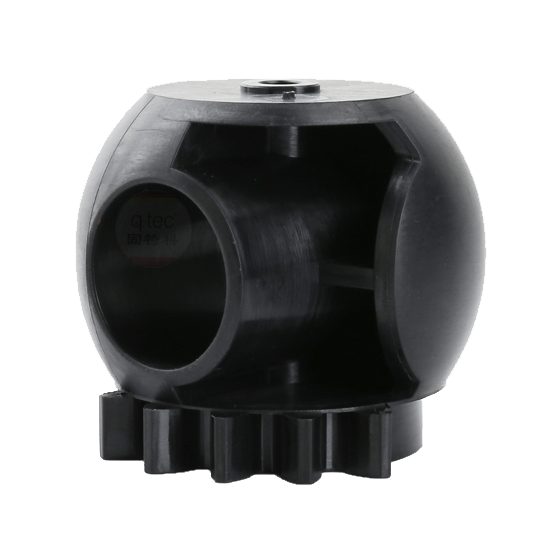Plastic instrument molded enclosures have become increasingly popular in various industries due to their numerous advantages over traditional enclosures. These enclosures are specifically designed to protect sensitive instruments and equipment from environmental factors such as dust, moisture, and impact. In this article, we will discuss the benefits of using plastic instrument molded enclosures from China, including their durability, customization options, and competitive pricing.
One of the main advantages of plastic instrument molded enclosures is their exceptional durability. These enclosures are made from high-quality plastic materials that can withstand harsh environments and prolonged exposure to chemicals and other harmful substances. This makes them ideal for use in industrial settings, where equipment is subject to constant wear and tear.
In addition to their strength and resilience, plastic instrument molded enclosures are also lightweight and easy to handle. This makes them a practical choice for applications where space and weight are a concern, such as in aerospace and automotive industries.
Another significant advantage of plastic instrument molded enclosures is their ability to be customized to meet specific requirements. Manufacturers can create enclosures in various shapes, sizes, and colors to suit the needs of different industries and applications. This allows users to choose an enclosure that not only provides the necessary protection but also complements the aesthetics of their equipment or facility.
Furthermore, plastic instrument molded enclosures can be designed with various features such as ventilation holes, mounting slots, and cable routing channels. These features enable users to install and operate their equipment efficiently while ensuring optimal protection.
Plastic instrument molded enclosures offer excellent value for money, thanks to their competitive pricing. Manufacturers in China have established efficient production processes and economies of scale that allow them to produce high-quality enclosures at lower costs compared to their counterparts in other countries.
In addition, Chinese manufacturers often offer flexible payment terms and discounts for bulk orders, making it easier for businesses to purchase these enclosures without breaking the bank. This affordability has contributed to the growing popularity of plastic instrument molded enclosures in various industries worldwide.
China's plastic instrument molded enclosures manufacturers offer a wide range of products to cater to different industries and applications. Some of the most common types of enclosures include:
1. Medical instrument enclosures: These enclosures are designed to protect medical devices such as pacemakers, defibrillators, and insulin pumps from contamination and impact. They are typically made from sterilizable materials and can be customized with features such as locking mechanisms and transparent panels for easy monitoring.
2. Electronic instrument enclosures: These enclosures are used to protect electronic devices such as sensors, switches, and circuit breakers from moisture, dust, and electromagnetic interference (EMI). They are available in various sizes and configurations to accommodate different device dimensions and installation requirements.
3. Automotive instrument enclosures: These enclosures are designed to protect automotive instruments such as speedometers, tachometers, and fuel gauges from water, dust, and vibration. They are typically made from durable materials such as polycarbonate and can be customized with features such as UV resistance and anti-glare coatings for improved visibility.

In conclusion, plastic instrument molded enclosures from China offer numerous advantages over traditional enclosures, including their durability, customization options, competitive pricing, and wide product range. These enclosures are suitable for use in various industries and applications, providing reliable protection for sensitive instruments and equipment. As a result, they have become an essential component in modern manufacturing and engineering processes worldwide.